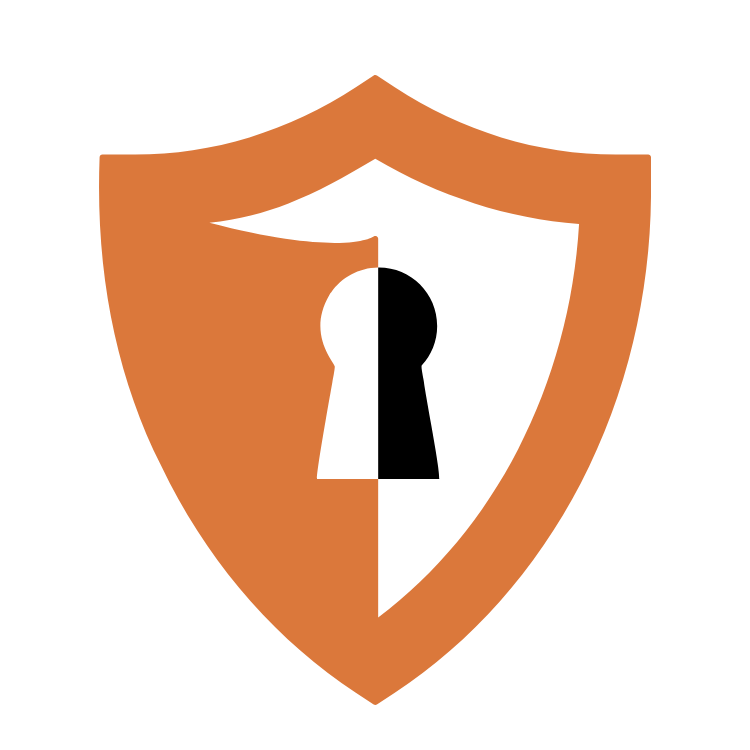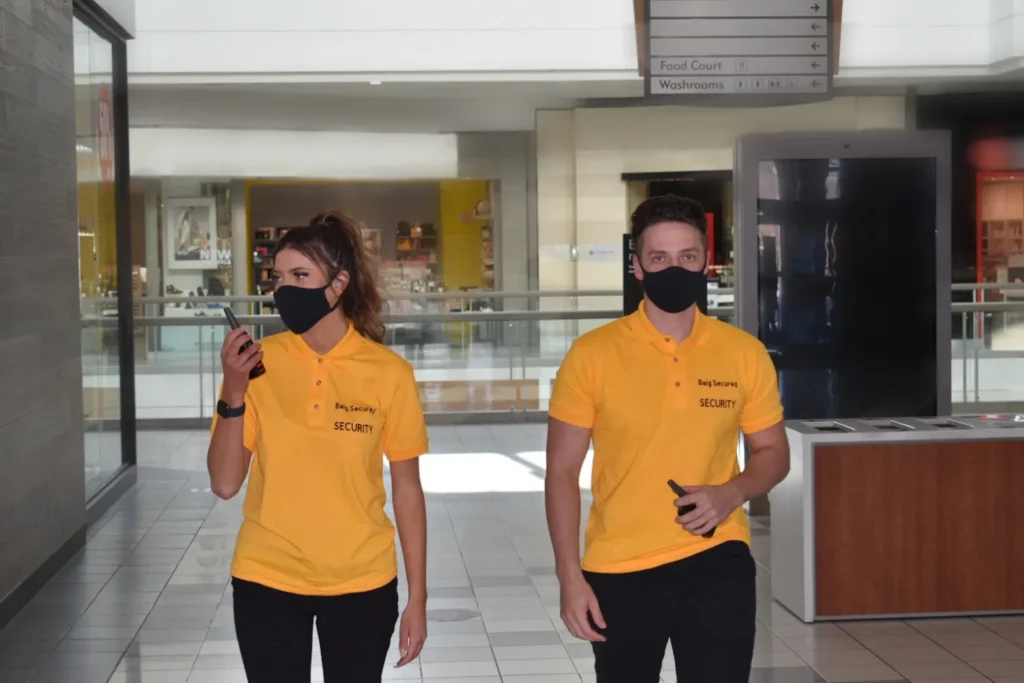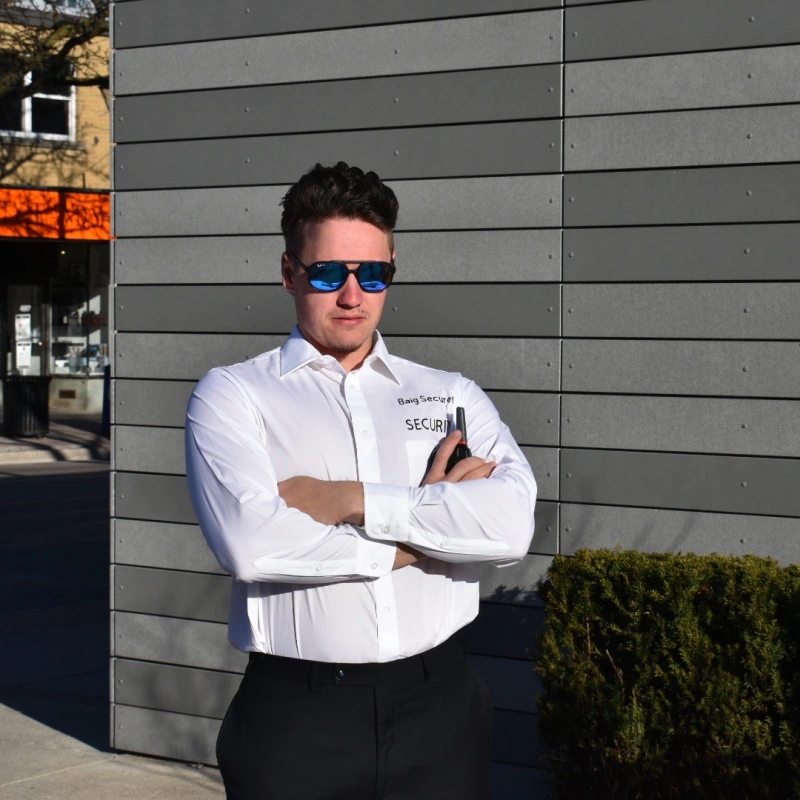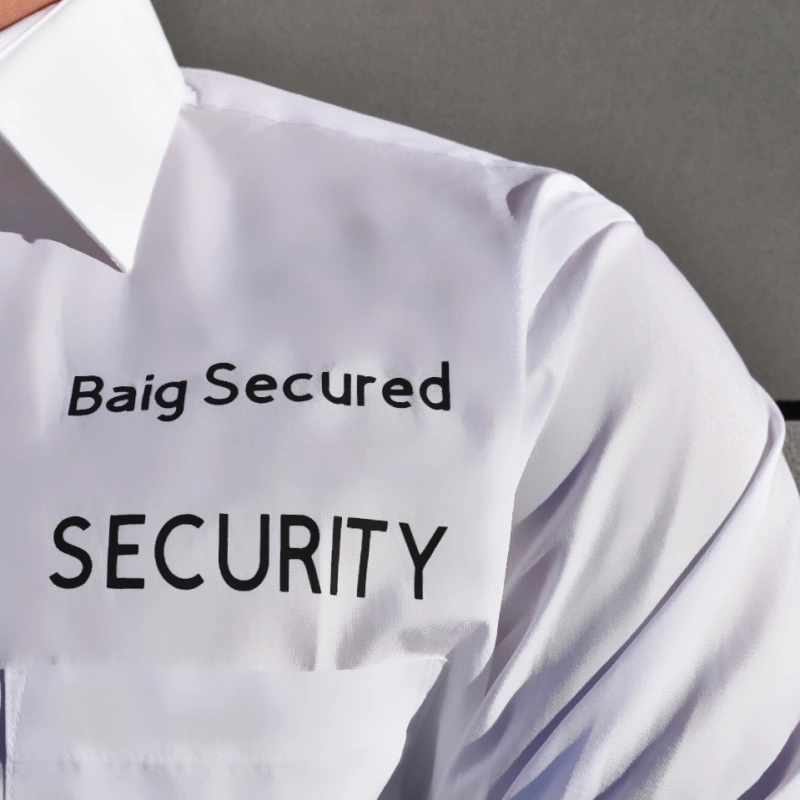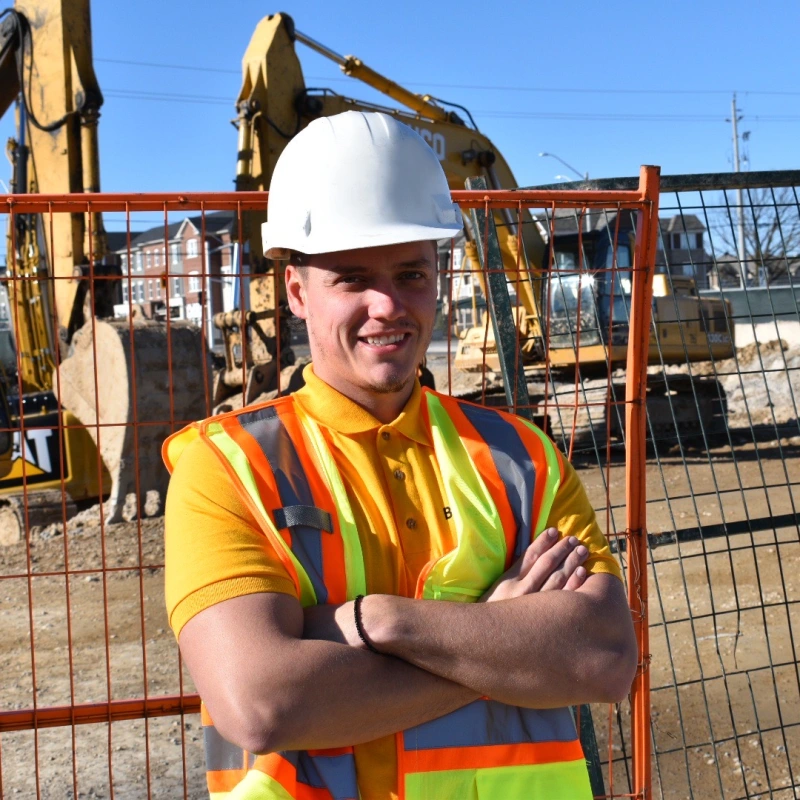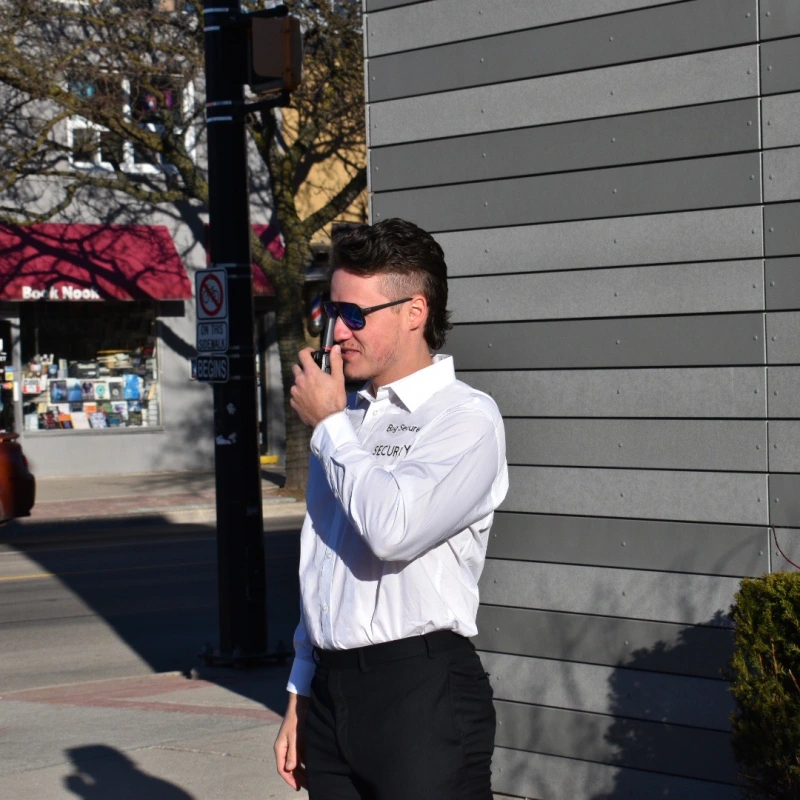What’s it like to work in the Security Industry?
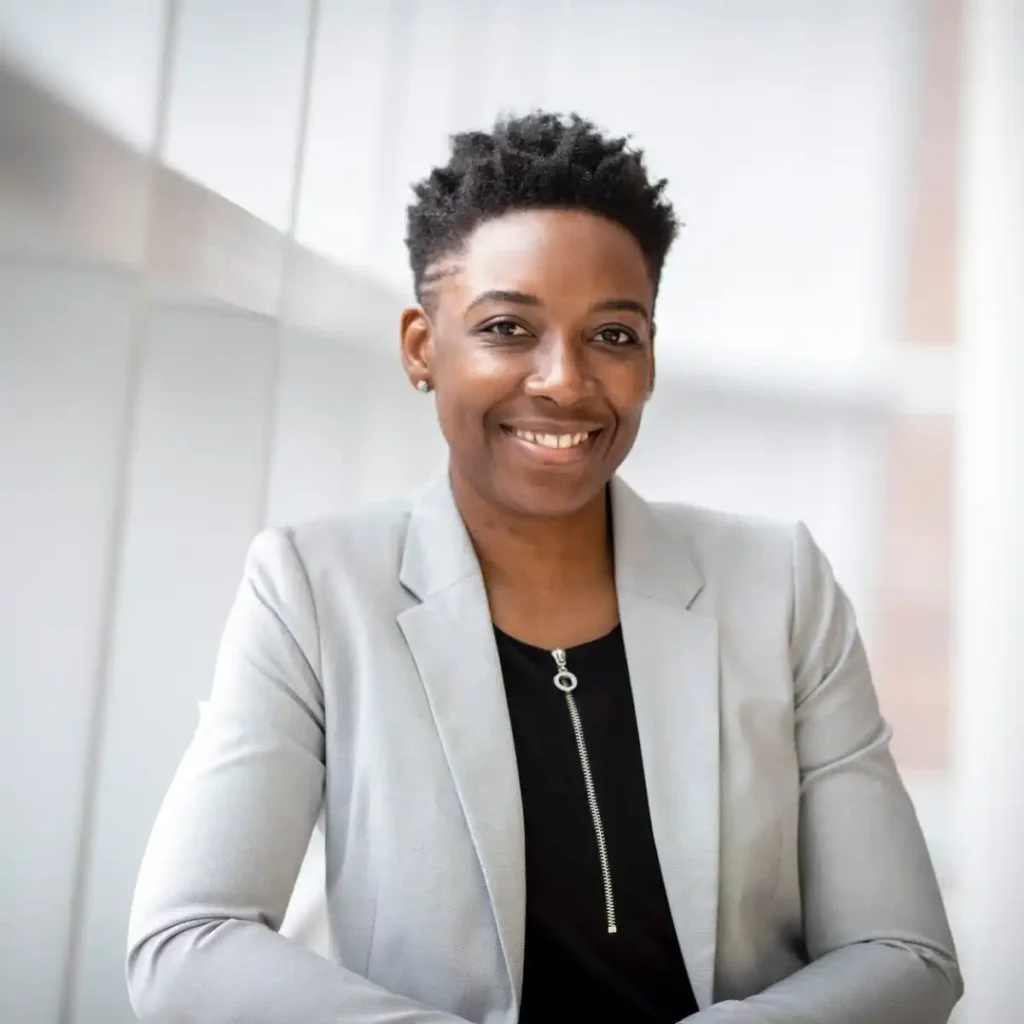
We interviewed four different security professionals to find out firsthand what it’s like to work in the security industry?
Featuring Gerry Markee, RyanJohn Staples, David P Bradney, and Cole Nethercott.
We had the first question: What are your views on the security industry?
Gerry Markee is a retired Security Trainer, Union Executive and Steward. He was employed in Hospitals and Museums for over 40 years. Gerry worked in Health and Safety and as a consultant in Security Legislation that updated the Security industry legislation.
When asked about his views on the security industry, Gerry said, “Disappointment. Despite legal changes demanding better training, employers and governments will always fight to keep wages and costs as low as possible, creating, for the most part, a job ghetto. Management is often incompetent, anti-labour, and not above breaking laws due to serious ethical failings”.
Are there any trends you noticed?
David P Bradney is retired as a Colonel after 27 years in the United States Marine Corps in 2017. He worked as a combat veteran with deployments to Somalia, the Philippines, Iraq, and Afghanistan. In addition, I participated in numerous Theater Security Deployments and diplomatic missions throughout the Asia-Pacific Region, East Africa, and South America. David has been the Central Region Vice President for Gardaworld security services in the US since 2017, where he led and managed branch teams delivering security services across ten (10) states from Texas to South Dakota.

Davids’s experience in both the Security and the Military means he has amounted a lot of knowledge over the years. He said that the trends he noticed are, “The industry will continue to experience steady growth across the world, but hybrid solutions are becoming more necessary due to rising costs in labour and growing statutory and regulatory restrictions.
The number of security providers will continue to contract because of mergers and acquisitions. This M&A activity is so prevalent now because most smaller providers are unable to compete in terms of cost and resources with the largest companies even at the regional level.”.
How do you feel covid has affected the security industry?
Cole Nethercott is an experienced security professional of 3+ years with a demonstrated history of working as a security guard within the industry. When asked how he felt COVID-19 had affected the security industry, he said,

“I feel that it has been good for the industry; as Security, we need to be able to adapt to situations and adapt quickly. I feel like security guards, and companies have done that and have done it well to the best of their abilities. I feel that we have more of a role in the day to day operations and actually have a voice with our clients now more than before”
Check out Cole on his LinkedIn
I would like to see better training for the security industry, higher standards, and better relations with LEO’s; an example, in Ontario, Canada, the security course to receive your security license is only 40 hours, I’d like to see that become maybe a month, going over items more in-depth such as fire response and fire panel operations, basics of computer and CCTV operations (hands-on), better medical training rather than just the basic emergency level, hands-on radio operations (I’ve trained too many guards that don’t know how to use a radio or even turn it on, I understand there is a starting point for everyone for the knowledge base, but that should be covered in the security course). I feel that there should have been more awareness brought about security guards being part of the frontline at the beginning of the COVID-19 pandemic.”
How do security guards impact workplace safety?
RyanJohn Staples is a Security Guard with four-plus years of experience and a demonstrated history working in the security and investigations industry.
Ryan’s views on how a security guard impacts workplace safety are,

“Security guards promote a safe workplace for everyone, and it brings peace of mind to others as we’re usually the first contact before police are called upon for assistance if an incident occurs.”.
Check out Ryan on his Linkedin
